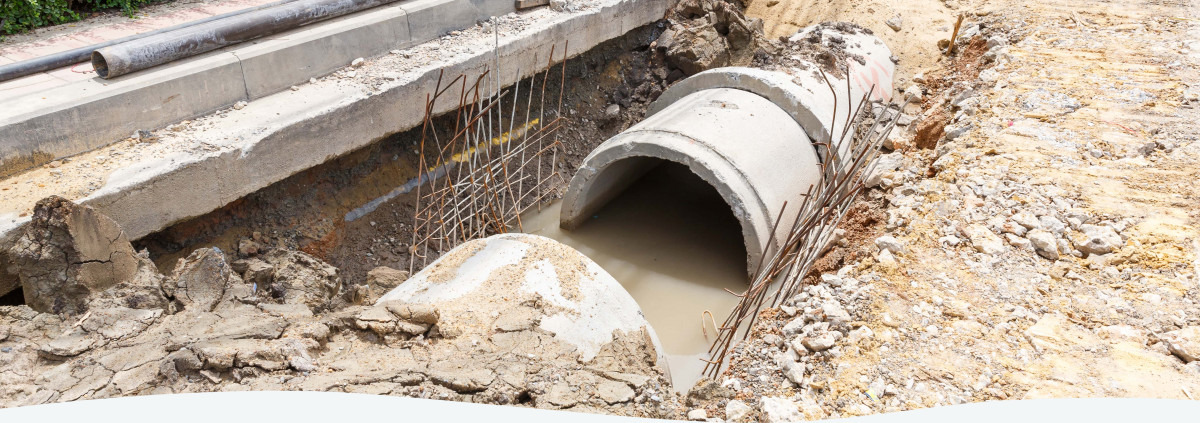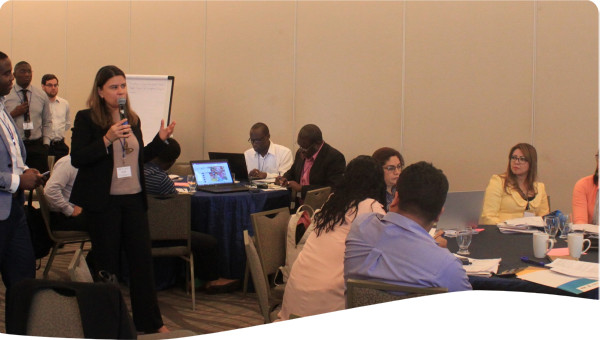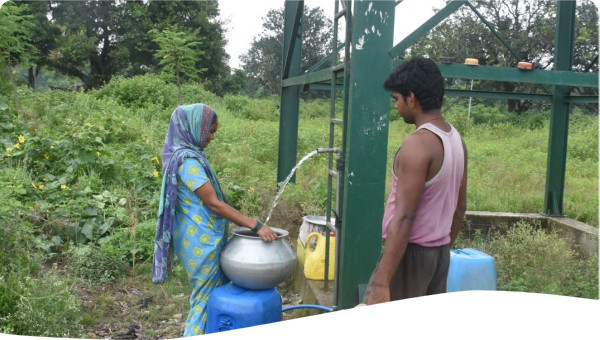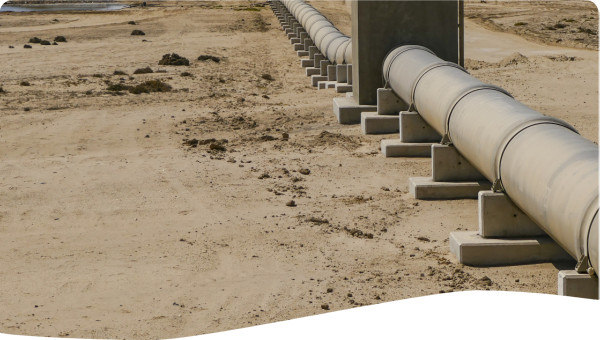Despite high water availability in Jamaica, uneven distribution in both time and space creates local scarcity. It is problematic to distribute water adequately to all sectors, and to develop abstraction points for water treatment. To address the issues, action was taken and Water Sector Reform was proposed, including Water Sector Strategy and Action Plan. Lesson learnt from case study is Importance of coordinating activities and harmonising policies, legislation and institutions.
amaica is the largest island of the English speaking Caribbean with an area of 10,990 km2. The country is divided into 14 administrative districts called Parishes, with a total estimated population of 2,698,800 persons (GOJ, 2009), of which almost 46% are rural.
Jamaica is credited among the first set of countries in the western hemisphere to have had piped water supply systems since the mid 1700s. In spite of the availability of water resources in Jamaica being sufficient to meet overall demand, the water resources are distributed unevenly in both time and location. This has proved to be an obstacle for authorities and utilities to adequately meet the localized water demand of the people.
Hence it is a problem to develop abstraction points in various locations for water treatment and distribution of water adequately to meet the demands of various sectors and including water for domestic consumption.
Since its formation in 1980, the National Water Commission (NWC) is a key stakeholder in the water sector in Jamaica. However, the NWC has also faced major challenges right from its establishment in 1980 until 1997 and this resulted in loss of confidence in the utility by the public.
These problems and challenges required reforms to be undertaken for better water service provision and management of the water resources.
As the statutory body responsible for providing most of the potable water and wastewater services for the country, NWC has been at the core of the water sector reform process. The NWC produces in excess of 90% of Jamaica’s total potable water supply from a network of more than 160 underground wells, over 116 river sources (via water treatment plants) and 147 springs. The rest of the water supply service providers have also undergone reforms and these include Parish Councils and a small number of private water companies, servicing private residential developments; and the National Irrigation Commission provide irrigation services.
While water was becoming an issue, at the same time Jamaica was already experiencing changes in the regulatory of other utilities such as electricity and telecommunications. The Water Sector Reform Process was initiated by the Government of Jamaica in 1998. Prior to that there was an increased recognition of the issues and problems in the water sector, which posed a serious threat to the health of the nation and required a significant level of finance to effectively resolve. The key issues to be dealt with by the NWC are:
- Financing of the NWC operations, maintenance and investment through water charges and government grant
- Regulation with respect to water quality
- NWC’s development over the 17 year period from 1980-97 was fraught with many challenges
These changes that had already started in other utilities paved the way for the establishment of the Office of Utilities Regulation (OUR). It led to the new regulator taking over the responsibility of water supply and sewerage services and the service providers that previously existed were forced to come under the regulatory authority of OUR. The Water Sector Reform produced the following initiatives:
- Establishment of the Ministry of Water to focus on the Water Sector
- Preparation of the Water Sector Policy (2002)
- Development of the Water Sector Strategy and Action Plan (2004)
- Reform of the Legal and Regulatory environment to facilitate the operation of the NWC and subsequent establishment of a regulatory framework.
Despite important initiatives, there was no focus on attracting external financing through private sector. All the advances to ensure a suitable institutional and regulatory framework have not paid off, NWC has not achieved much to the level of change expected.
The NWC is a statutory body which continues to be directly accountable to government and as such subjected to the direct influence of government. As a result, the NWC is not independent of political influence.
Regulatory agency (OUR) has been operating quite satisfactorily over the years as it follows the tariff review and also service standards set. This success has come partly due to its multi-utility regulator nature.
All the elements of the reform have happened at varying timelines irrespective of resulting in reduced progress in water sector. Therefore, improvement and co-ordination of overall activities and to ensure the harmonization of policies, legislation and institutions are deemed unnecessary.
 Case studies
Case studies



